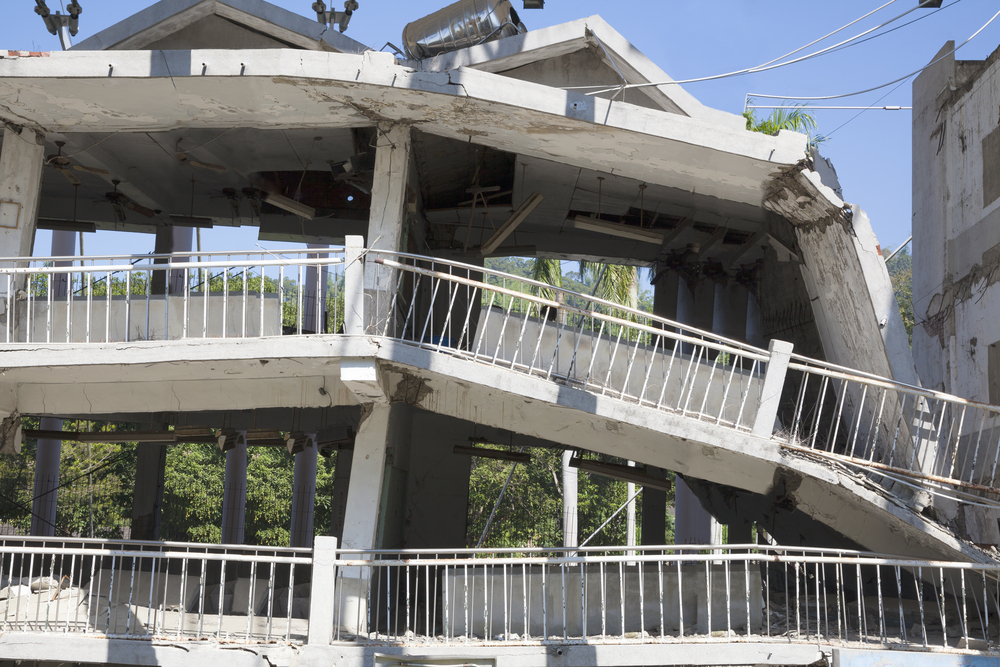Essential Earthquake Safety Strategies for Property Managers

The recent South Pasadena earthquake highlights Southern California's ongoing seismic risk. It's essential to understand these risks and take proactive steps to protect your properties and tenants. Read this guide for more information.
What You Need to Know
Damages from earthquakes can include:
- Severe property damage (foundation, floors, walls, windows)
- Broken utilities, leading to fire, water damage, and spread of toxins
- Personal injuries
- Loss of business contents and business interruption
While there hasn’t been a significant increase in earthquake frequency, the region remains seismically active.
The evidence is 200+ aftershocks following last week’s 5.2 magnitude earthquake.
You might have recently felt the 4.4 magnitude earthquake that hit South Pasadena and shook much of DTLA.
How It Impacts You
Property owners and managers should get their buildings ready for earthquakes.
For example, have certified inspectors check your buildings for earthquake weaknesses.
Then, fix any weaknesses found. This might involve securing walls to floors and roofs or reinforcing masonry walls and parapets.
Remember to secure non-structural elements, like signage.
As well as create and communicate evacuation procedures.
Commercial property insurance usually doesn't cover earthquake damage, so be sure to have earthquake insurance.
Doing this can make your properties safer, protect your tenants, and boost property values.
Remember, retrofitting is often cheaper than the damage from a big earthquake.
Use the service providers listed in our membership directory for earthquake preparation or repairs.
Stay Connected
Stay connected with BOMA on the Frontline for more emergency preparedness articles.
Join our Security and Emergency Preparedness Committee or attend a policy briefing to learn best practices for preparing for crises from our service providers and property managers.

